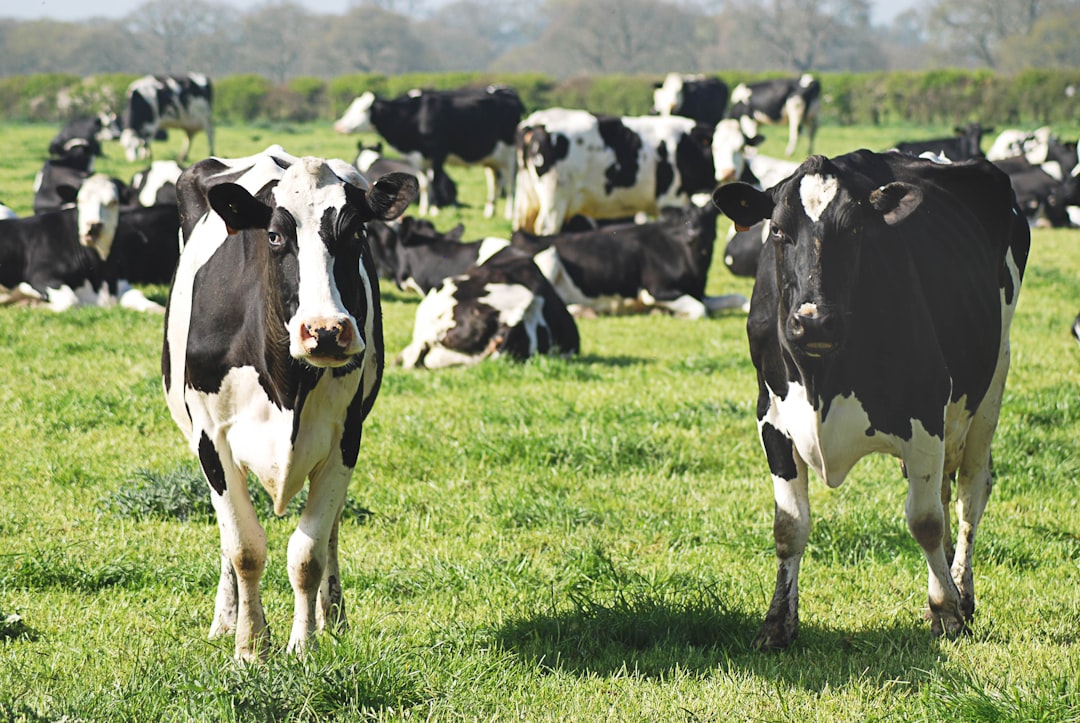Animal husbandry plays a crucial role in One Health initiatives, which recognize the interconnectedness of animal, human, and environmental health. This approach emphasizes collaboration across sectors to address shared health challenges, particularly zoonotic diseases and antimicrobial resistance. This post explores how animal husbandry contributes to these initiatives, focusing on the prevention and management of zoonotic diseases and the mitigation of antimicrobial resistance.
Understanding One Health
One Health is an integrated approach that aims to optimize the health of people, animals, and ecosystems by acknowledging that their health is deeply intertwined. It involves collaboration among experts in human, animal, and environmental health to address health issues at the human-animal-environment interface. Key partners include veterinarians, physicians, ecologists, policymakers, and community leaders.
Zoonotic Diseases and Animal Husbandry
Zoonotic diseases are infectious diseases that can be transmitted from animals to humans. Examples include avian influenza, rabies, and leptospirosis. Animal husbandry practices can influence the risk of zoonotic disease transmission:
-
Biosecurity Measures: Implementing robust biosecurity measures on farms, such as proper hygiene and isolation protocols, can reduce the risk of disease transmission between animals and from animals to humans.
-
Vaccination Programs: Vaccinating animals against zoonotic diseases can prevent outbreaks and protect both animal and human health.
-
Surveillance and Monitoring: Regular surveillance and monitoring of animal health can help detect zoonotic diseases early, allowing for prompt intervention.
Antimicrobial Resistance (AMR) and Animal Husbandry
Antimicrobial resistance is a growing concern globally, with significant implications for both human and animal health. The overuse of antibiotics in animal agriculture contributes to the development and spread of resistant bacteria:
-
Responsible Antibiotic Use: Reducing unnecessary antibiotic use in animal husbandry is crucial. This includes using antibiotics only when medically necessary and promoting alternative disease prevention strategies.
-
Alternative Disease Prevention: Implementing alternative methods for disease prevention, such as improved hygiene practices and vaccination, can reduce reliance on antibiotics.
-
Monitoring and Regulation: Strengthening regulations and monitoring antibiotic use in agriculture can help mitigate the spread of AMR.
Conclusion
Animal husbandry is a vital component of One Health initiatives, particularly in addressing zoonotic diseases and antimicrobial resistance. By adopting practices that enhance biosecurity, promote responsible antibiotic use, and support surveillance and monitoring, the livestock industry can contribute significantly to global health security. As the world continues to face emerging health challenges, integrating animal husbandry into broader One Health strategies will be essential for protecting both human and animal health.
Future Directions
Looking ahead, the future of animal husbandry in One Health initiatives will depend on continued collaboration and innovation. This includes developing more effective vaccines for zoonotic diseases, implementing advanced surveillance systems, and fostering global partnerships to address shared health challenges. By embracing these strategies, we can create more resilient and sustainable health systems that benefit both humans and animals.
Citations:
- https://www.aphis.usda.gov/one-health
- https://pmc.ncbi.nlm.nih.gov/articles/PMC9629715/
- https://pmc.ncbi.nlm.nih.gov/articles/PMC9133924/
- https://www.woah.org/en/what-we-do/global-initiatives/one-health/
- https://iacuc.wsu.edu/zoonoses-associated-with-cattle/
- https://www.frontiersin.org/journals/microbiology/articles/10.3389/fmicb.2021.610656/full
- https://www.cdc.gov/one-health/about/index.html
- https://www.dpi.nsw.gov.au/biosecurity/animal/humans
- https://www.woah.org/en/woahs-one-health-initiatives-in-2024/

Comments
No comments yet. Be the first to comment!
You must be logged in to comment. Login